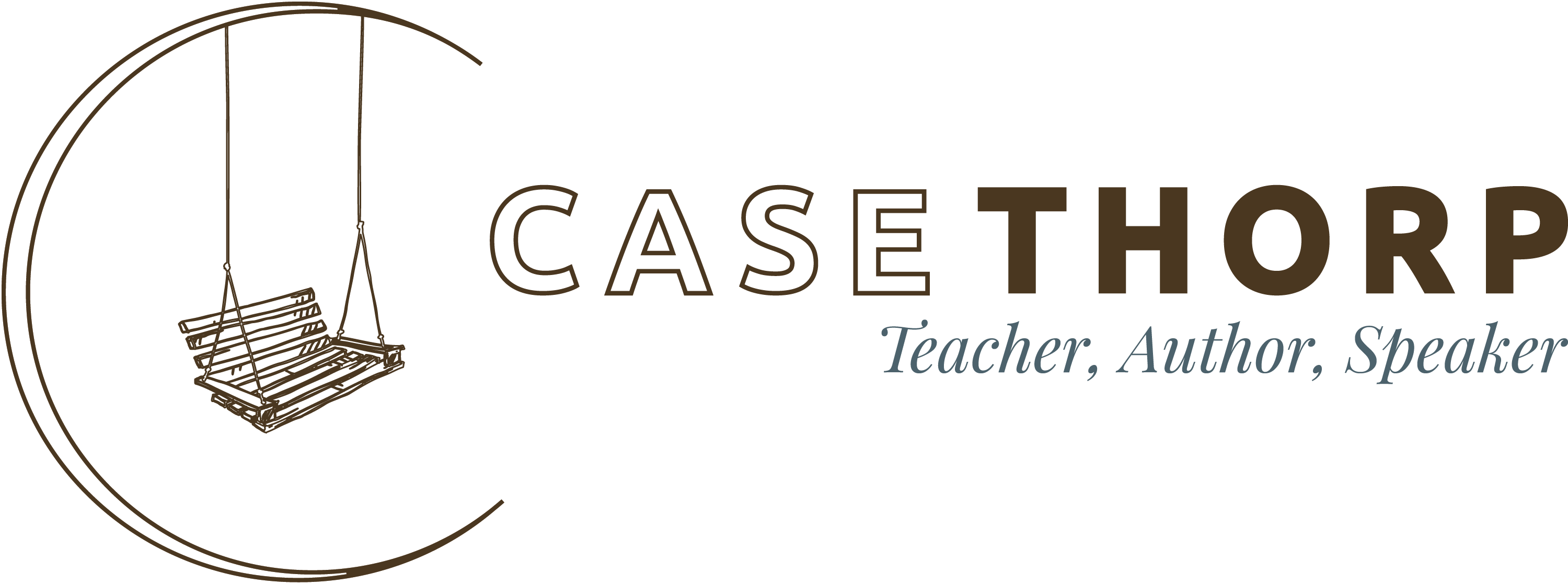Two men. Two ubiquitous names. Two individuals who shape our times and will resonate in the history books. And two very different paths each with their own lessons for the rest of us to observe.
The psychologist would point to their family of origin as a reason why these men chose such divergent paths. Perhaps Fidel’s illegitimate birth to a wealthy farmer built in an angst that drove him to militant socialism as he sought legitimacy, justice, and fairness for all. Benedict, of course born Joseph Ratzinger, had a stable family with a father in law enforcement and two older siblings, who also served Mother Church their entire lives. Needless to say he learned early about rules, family, and deference.
Both men had radically different relationships with the church via their family and family choices. Fidel was baptized a Roman Catholic at age eight in order to escape a horrid boarding house to attend a Catholic school. At least his status as ‘bastard’ was changed, but not until he was seventeen when his father legally married his mother. Benedict was baptized the same day of his birth by God-fearing parents and even declared his desire to be a cardinal at the age of five after meeting Cardinal Archbishop of Munich.
The political scientist might note the reactions each man had to the swirl of events around them. Fidel responded to political fervor of his age by immediately joining the protest movements at the University of Havana against the US backed Cuban president. Benedict was conscripted into the Hitler Youth, but frequently skipped meetings. He suffered through the execution of his Down syndrome cousin during the Nazi eugenics program. Conscripted again into the infantry, he deserted returning to his home just as the Allies were arriving. In college, Castro flirted with the armed gangs on campus and actively supported various socialist movements to the point of assassination accusations. Benedict was squirreled away in a seminary writing his dissertation on St. Augustine and his post-doctoral work on Bonaventure.
The theologian would find a Christian noted by others for his righteousness and obedience to the church, and on the other hand a man pitifully torn by his flesh and ambivalent about God. Benedict pursued the church’s path of celibacy for the priesthood. Fidel was married twice, bore six legitimate children, three known illegitimate children and accumulated unknown numbers of affairs.
Finally, Benedict has kept his eye on the prize, faith in Jesus Christ, rising in leadership by his faithfulness to lead over one billion of the world’s Roman Catholics. Fidel was excommunicated by Pope John XXIII, criticizes the Bible as an instrument of oppression, and cancels visas of well intended missionaries, myself included. Yet, ironically he shows John Paul II great respect on his visit in 1998, donates governmental funds to build an Orthodox Cathedral in Havana, reestablishes Christmas as a national holiday after a twenty-nine year hiatus, and weeps through a memorial service for John Paul II after visiting the Vatican Embassy to sign a book of condolence. The unpredictability is legendary.
As these two men met this week, each recognizing they are only a year apart in age, we see the result of nature and nurture, the results of choices made along life’s long journey. Fidel and Benedict certainly have in common a passion that drove them towards a truth each thought was worth dedicating his life. One finds himself using force to rule, with a tired, failing ideology propped up by illusions of revolution. Another struggles, most certainly, over a transforming church seeking to reestablish her legitimacy in an increasingly secular world. Yet, Benedict presides with grace and joy over an institution cyclically renewed by her founder, guided by concepts of love, and directed towards the flourishing of humanity in accordance with her maker. Fidel and Benedict: two men who teach us about our own paths in spite of or in response to our origins. Where did you start, and going forward, which path do you choose?
